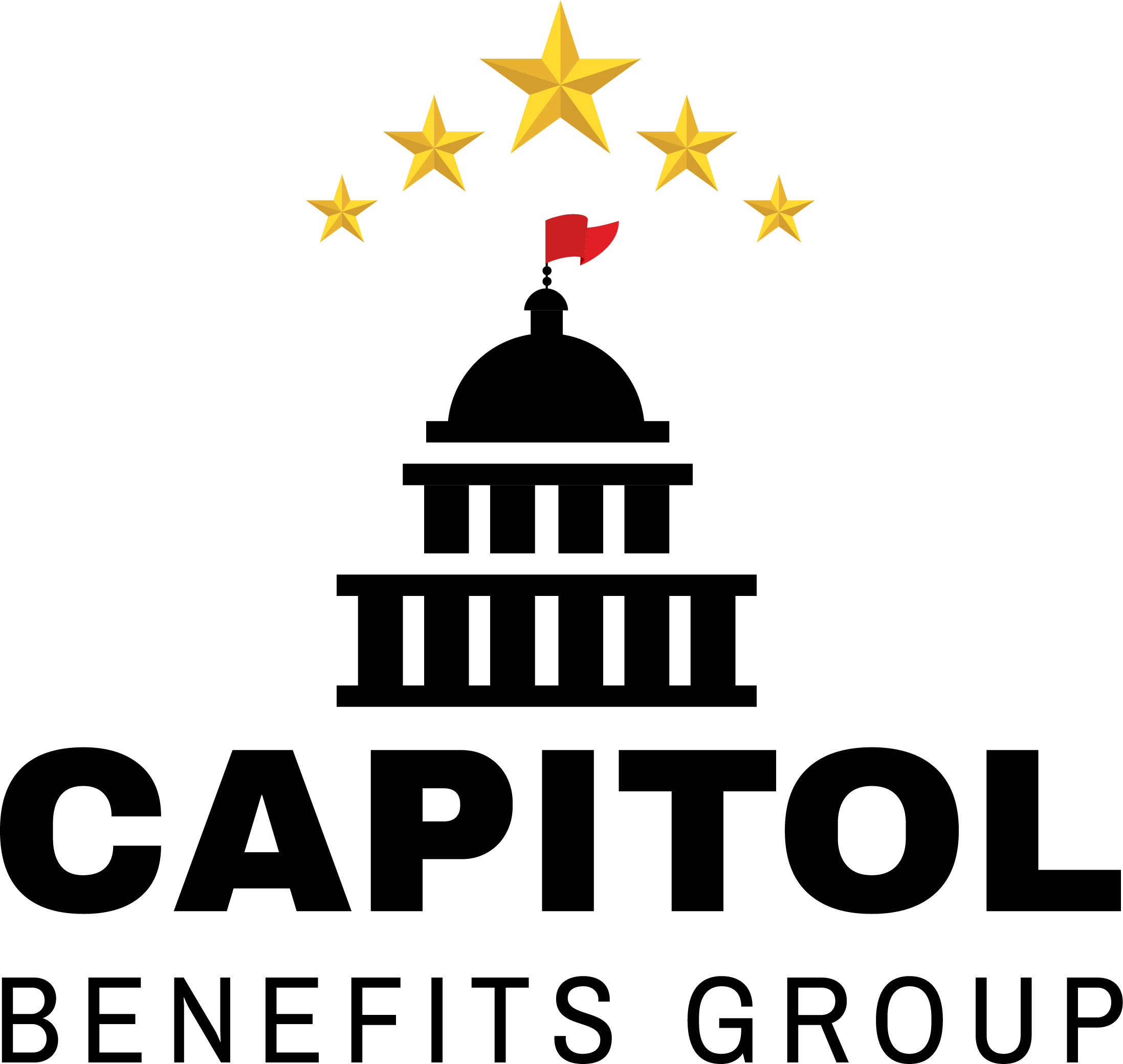Capitol Benefits Group News & Updates
FAQs Clarify COVID-19 Vaccine Coverage and Premium Discounts
Premium Discounts for COVID-19 Vaccination Generally Must be Offered as Part of a Wellness Program
On Oct. 4, 2021, the Departments of Labor (DOL), Health and Human Services (HHS) and the Treasury (Departments) issued FAQs addressing rules regarding premium incentives for COVID-19 vaccinations and rapid coverage of preventive services for COVID-19.
Premium Incentives for COVID-19 Vaccinations
The FAQs clarify that a group health plan (or health insurance issuer offering coverage in connection with a group health plan) may offer participants a premium discount for receiving a COVID-19 vaccination. However, plans generally may not condition eligibility for benefits or coverage on vaccination status, and any discount must comply with the final wellness program rules.
Under these rules, a premium discount that requires an individual to obtain a COVID-19 vaccination would be considered an activity-only wellness program, which is a type of health-contingent wellness program. These programs must comply with the regulations' five nondiscrimination criteria, including an incentive limit and a requirement to offer a reasonable alternative standard in some cases. The maximum permissible reward (or penalty) under a health-contingent wellness program that is part of a group health plan (and is not related to tobacco use) is 30% of the cost of coverage.
Rapid Coverage of Preventive Services for COVID-19
According to the FAQs, effective Jan. 5, 2021, plans and issuers must cover, without cost-sharing, any COVID-19 vaccines and their administration immediately once the particular vaccine becomes authorized under an emergency use authorization (EUA) or approved under a biologics license application (BLA). This coverage must be provided consistent with the scope of the EUA or BLA, including any amendment, such as to allow for an additional dose to certain individuals, booster doses, or the expansion of the age demographic for whom the vaccine is authorized or approved.
IRS Releases 2022 Retirement Contribution Limits
401(k) Contribution Limit Increased to $20,500
The Internal Revenue Service (IRS) has released Notice 2021-61, which contains cost-of-living adjustments for 2022 that affect amounts employees can contribute to 401(k) plans and individual retirement accounts (IRAs). The employee contribution limit for 401(k) plans in 2022 has increased to $20,500, up from $19,500 for 2021 and 2020.
Other key limit increases include the following:
* The employee contribution limit for SIMPLE IRAs and SIMPLE 401(k) plans is increased to $14,000, up from $13,500.
* The limits used to define a "highly compensated employee" and a "key employee" are increased to $135,000 (up from $130,000) and $200,000 (up from $185,000), respectively.
Key limits that remain unchanged include the employee contribution limit for IRAs (remaining at $6,000) and the catch-up contribution limit for employees aged 50 and over who participate in 401(k), 403(b), most 457 plans and the federal government's Thrift Savings Plan (remaining at $6,500).
OSHA Releases Vaccination and Testing ETS
Affected Employers Must Develop, Implement And Enforce A Mandatory COVID-19 Vaccination Policy
On Nov. 4, 2021, the Occupational Safety and Health Administration (OSHA) announced a federal emergency temporary standard (ETS) to address the grave danger of COVID-19 infection in the workplace. Affected employers will be required to comply with most provisions of the ETS by Dec. 6, 2021, and with its testing requirements by Jan. 4, 2022. Affected employers include private employers with 100 or more employees (firm- or company-wide count). State plans will have 30 days to adopt the federal ETS or implement their own vaccination standard.
ETS Requirements
The ETS requires employers to:
* Develop, implement and enforce a mandatory COVID-19 vaccination policy; or
* Create a policy allowing employees to choose to get a vaccination or wear a face-covering in the workplace and have weekly COVID-19 testing done.
Employers must determine the vaccination status of each employee, obtain acceptable proof of vaccination and keep a roster of each employee's vaccinations status.
Weekly Testing Requirements
Employees who are not fully vaccinated must be tested weekly or within seven days before returning to work. The ETS does not require employers to pay for any costs associated with testing. However, employer payment for testing may be required by other laws, regulations, collective bargaining agreements or other collectively negotiated agreements.
Paid Leave
Employers are also required to allow reasonable time-including up to four hours of paid time-to receive a primary vaccination dose. Reasonable time and paid sick leave are also required to recover from any side effects of the vaccination. Employees are required to provide immediate notice of a positive COVID-19 test or diagnosis, and will be removed immediately from work until return to work criteria are met.
The content herein is provided for general information purposes only, and does not constitute, legal, tax, or other advice or opinions on any matters. This information has been taken from sources which we believe to be reliable, but there is no guarantee as to its accuracy.
OSHA Releases Vaccination and Testing ETS
Webinar Archive
Remote work is more prevalent than ever, particularly as COVID-19 challenges continue. Many employers face sticky situations pertaining to wage and hour issues, harassment and discrimination, performance management, and other policy and compliance considerations when it comes to a work from home arrangement.
Join our legal content attorneys as they discuss the top ten remote work implications.
In this webinar, we'll discuss:
* Best practices to avoid legal pitfalls
* Suggestions to improve employee engagement and productivity
Watch Last Month’s Webinar HERE




